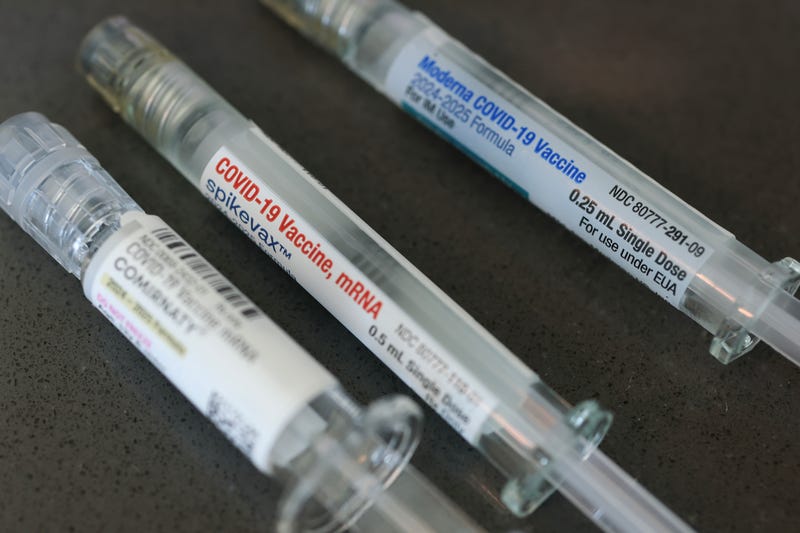
Louisiana is a state with notoriously high cancer rates, often ranking within the top ten nationally. Louisiana is also a state with a growing amount of vaccine skeptics, particularly the COVID-19 vaccine. Dr. Lucio Miele, Director of the LCMC Cancer Center, is sharing a surprising new finding when it comes to cancer research and the COVID-19 vaccine. Dr. Lucio Miele, Director of the LCMC Cancer Center explained that people with some cancers are living longer after receiving a COVID vaccine, a finding corroborated by several different cancer centers in Texas, California, and Florida.
“This is a remarkable study,” Dr. Miele said. “They looked at patients with lung cancer and melanomas who are treated with immune checkpoint inhibitors that were introduced several years ago. Those worked in some patients, but not with everyone. They noted that patients who had received at least one dose of an mRNA COVID vaccine within 100 days of being treated lived, in one case almost twice as long. In the other case, they couldn’t even measure how much because the patient lived much longer than the counterparts who were being studied,” he went on to add. When the study was reproduced in mice, the same results were found to be true and researchers were able to crack the code of why the COVID vaccine could potentially help to extend lifespans in cancer patients.
While Dr. Miele notes that it doesn’t have to be the COVID-19 vaccine specifically to replicate these results, it does require an MRNA vaccine. He was also quick to emphasize that this doesn’t equate to the discovery of a “cancer vaccine”, but could lead to improved treatments for those with cancer moving forward. “This could be a major boost for cancer immunotherapy,” Dr. Miele pointed out. “Those who received an MRNA vaccine responded much better to immune checkpoint inhibitors. Our immune system fights cancer, but cancer fights back by weakening our immune system. Immune checkpoint inhibitors give a hand to the immune system and boost it to help it fight against cancer,” he explained.
While more study is needed, initial results are promising and could lead to more breakthroughs moving forward.
